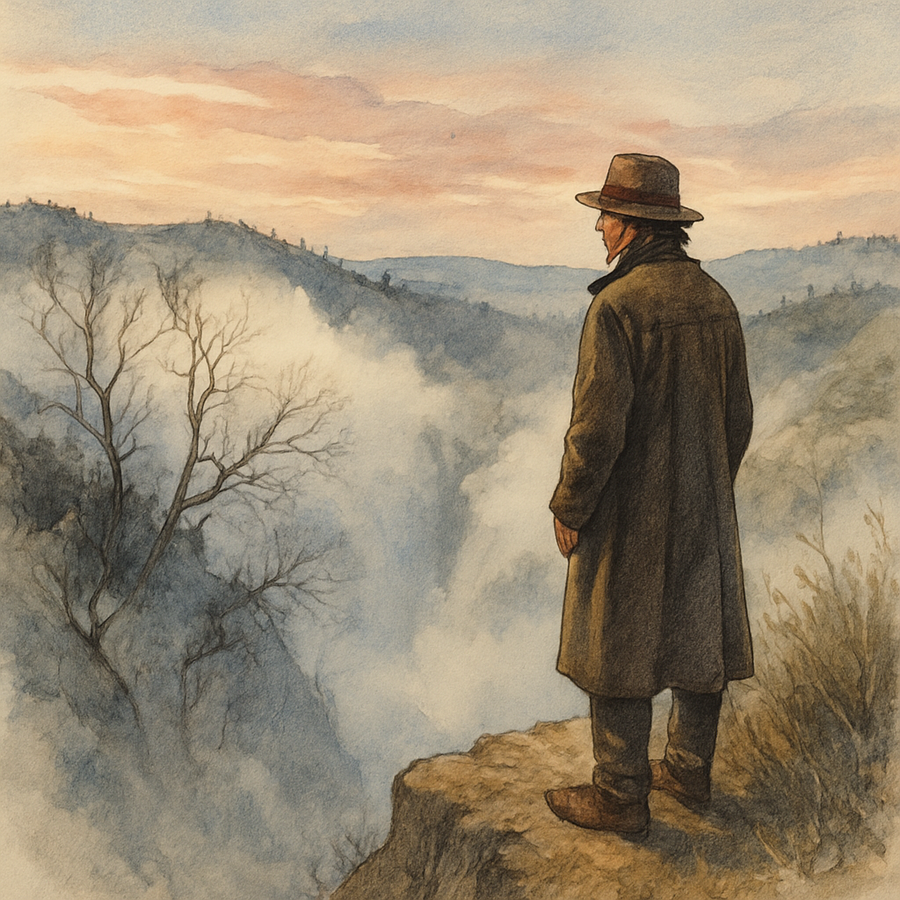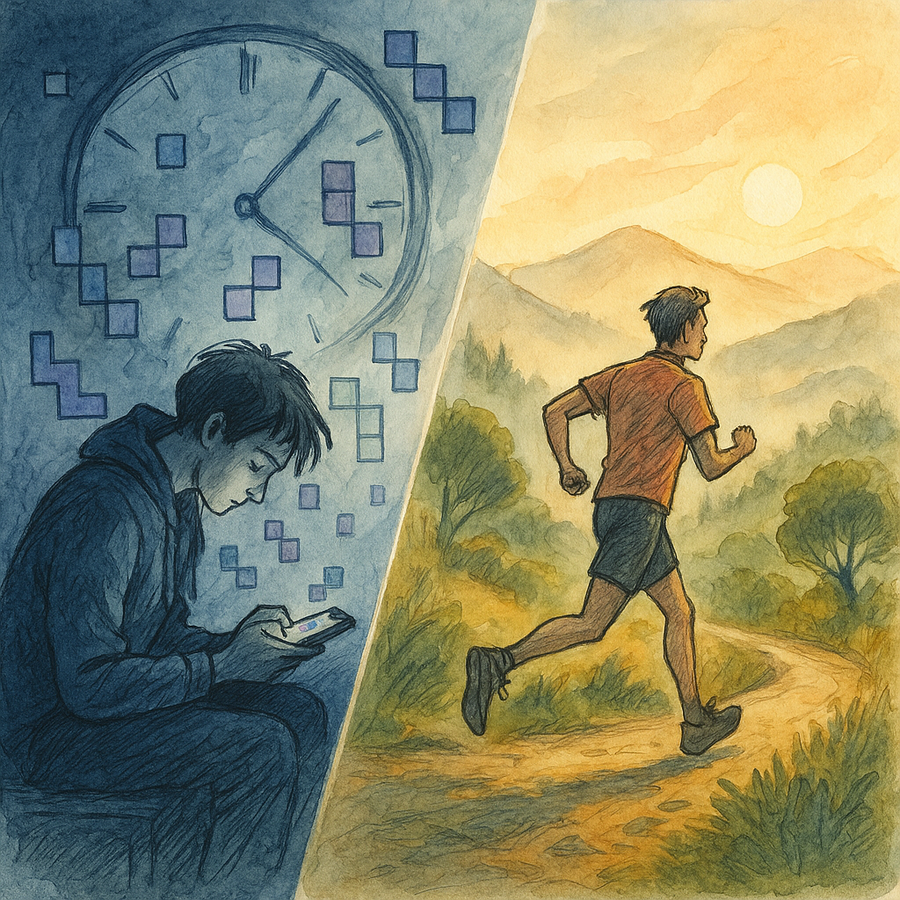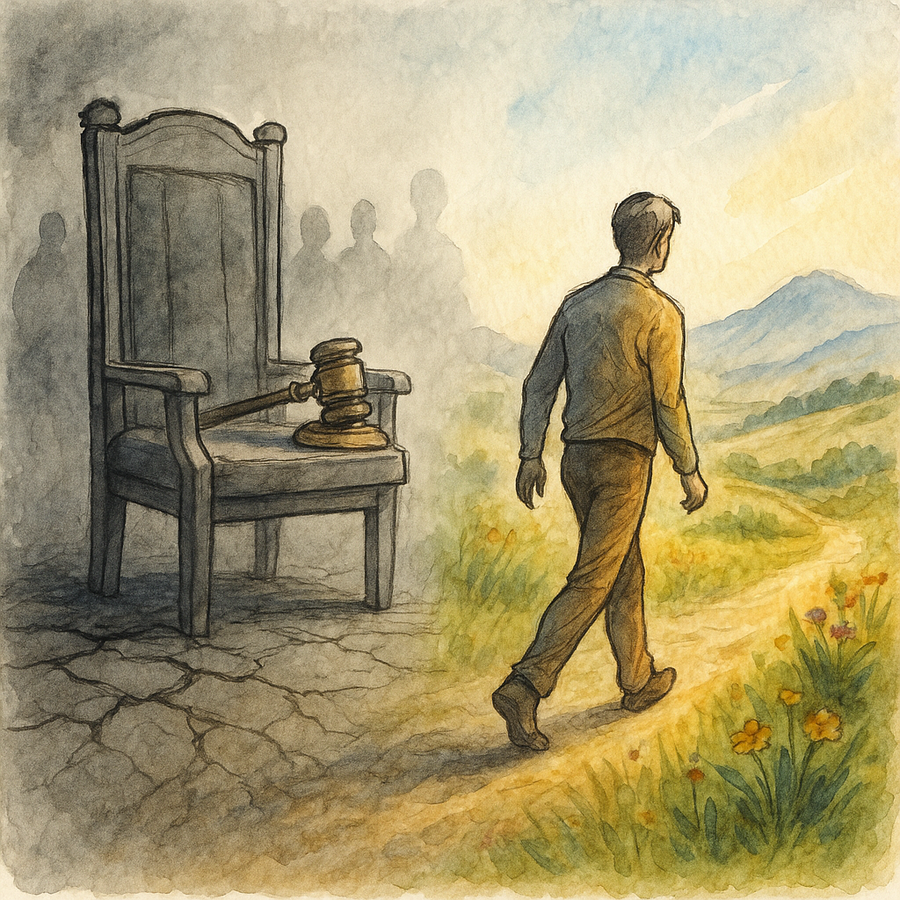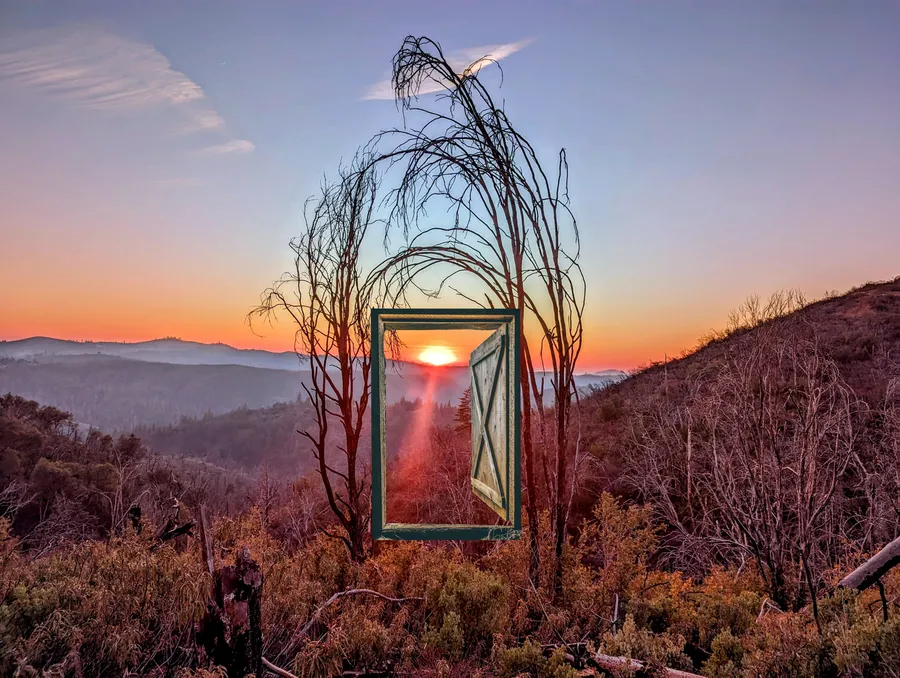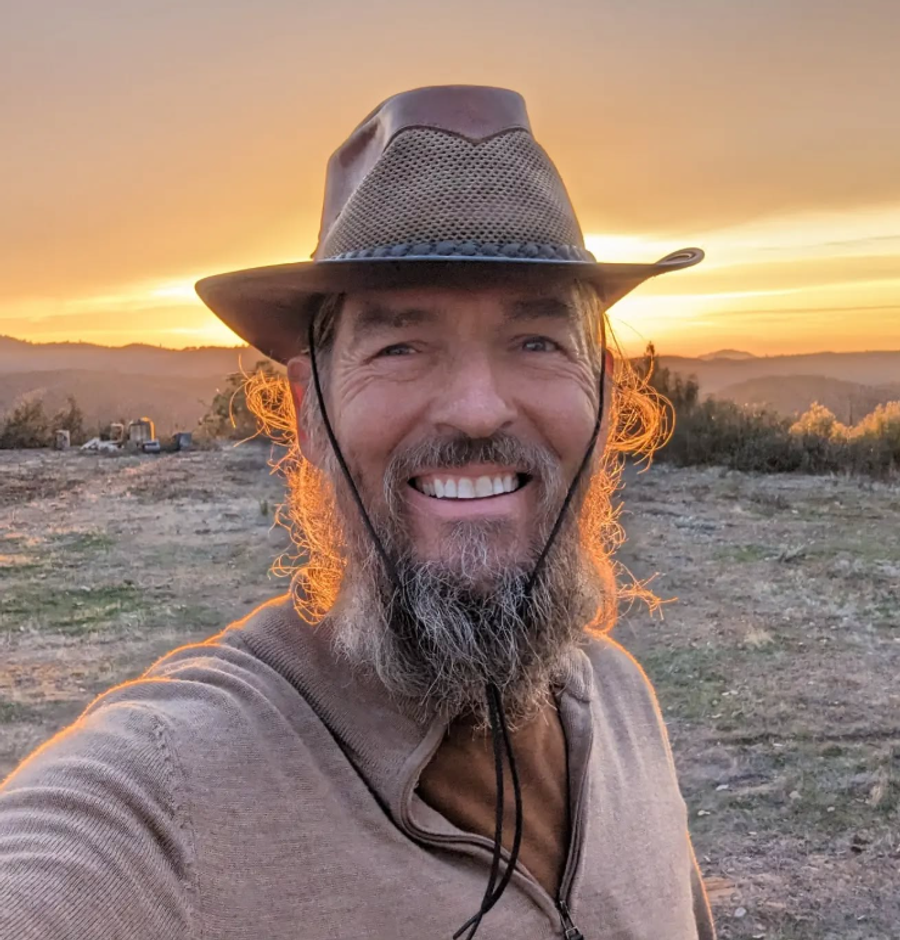Why So Many of Us Stay Silent - Even When We Know the Truth
If you ask people whether they want to live honestly, most will say yes.
But if you watch what actually happens when the moment comes - when the truth sits at the edge of the tongue - it often dies there. Not because the person is weak. Not because they’re fake. But because telling the truth, without knowing how it will be received, feels like stepping off a cliff with no one catching you.
The fear isn’t honesty. It’s the absence of response that follows. It’s saying, “I’m not okay,” and hearing, “Oh. Well. Anyway…” It’s saying, “I need more from this relationship,” and seeing someone freeze - or leave - or act like you never said anything.
We’ve all had moments where our honesty cost us comfort. But what most people never recover from is when it costs them connection.
The Brain Is a Social Organ - and Honesty Feels Risky
According to social neuroscience, the human brain is wired to equate social rejection with physical pain. That’s not poetic. That’s a literal overlap in neural circuits. When you tell the truth - especially a vulnerable one - and it lands with silence or judgment, your nervous system records it as threat. That’s why most people “filter” or “edit” instead of lying outright. It’s a subtle negotiation between wanting to be seen and wanting to stay safe. It’s not cowardice. It’s math.
But Here’s the Paradox:
The connection we’re trying to preserve by hiding… is the very thing we lose when we stop being ourselves. You can’t be deeply loved if you’re not deeply known. And you can’t be known if you’re always calculating what part of yourself is acceptable. It’s a quiet kind of suffering - to be in relationships, workplaces, even families, and realize that the real you hasn’t actually been invited.
So What’s the Solution?
It’s not “Just speak your truth.” That advice often leads to people blurting out things they think are true but in reality it is just opinions, projections and mind garbage, that the receiver predictably reacts negatively too, with the speaker feeling burned.
The real solution is this: Practice honesty in places where you’re not alone in it. Where truth-telling isn’t treated as confrontation. Where people won’t flinch or try to fix you. Where honesty is not a performance - but a practice.


